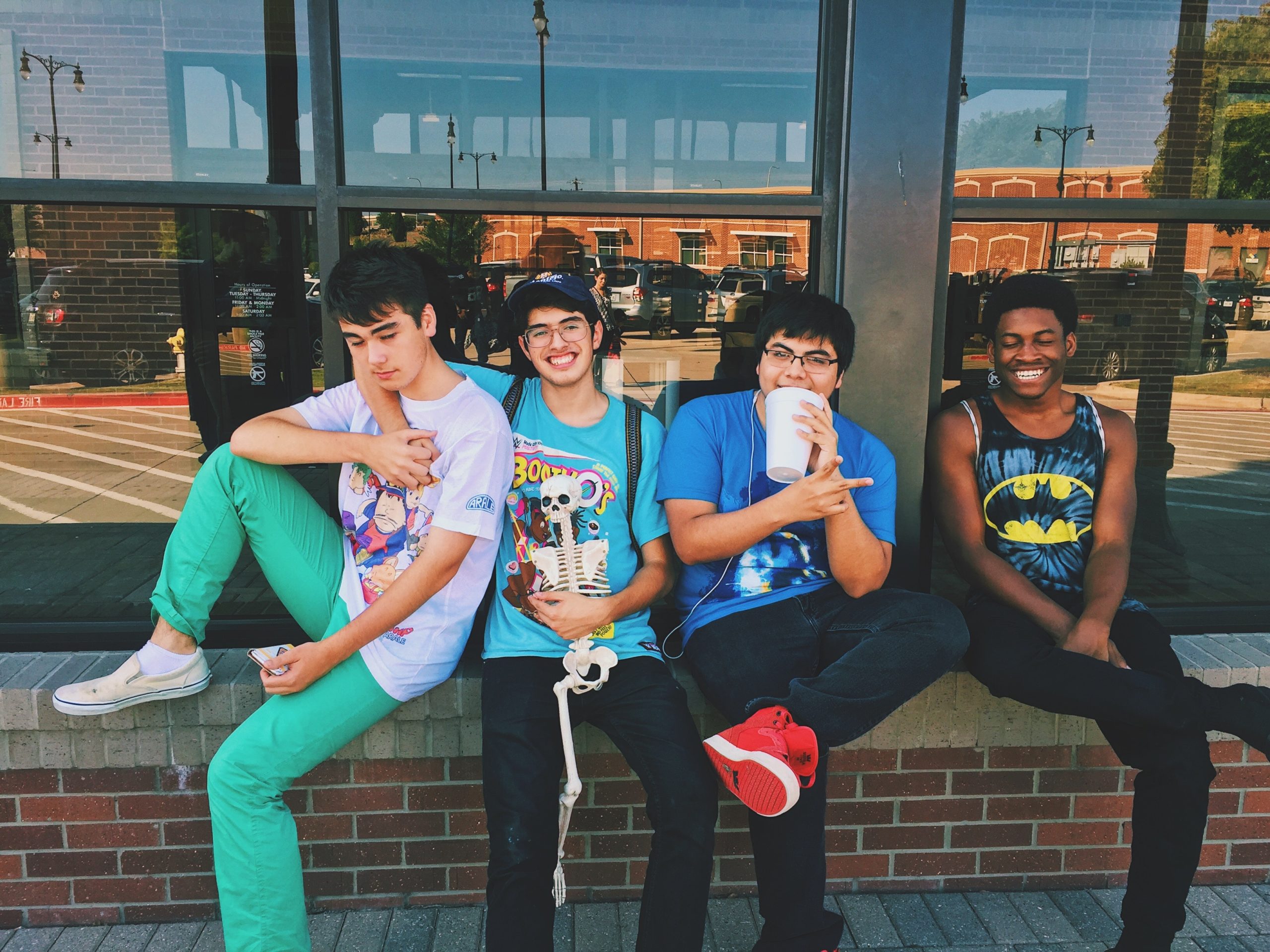The Rise of Micro Influencers on College Campuses
In every culture and each generation, influencers have shaped the perceptions and preferences of their peers, affecting everything from fashion trends to political opinions. Influencers decide what is or will become cool. Nowadays, it’s easier than ever for influencers to digitally share what they’re excited about—and savvy marketers have taken notice. Instead of focusing on their target market as a whole, brands are identifying “micro influencers,” or individuals who have influence over potential consumers, and building campaigns around those individuals.
Unlike “Instagram celebrities,” who may have millions of followers, micro influencers typically reach an extremely targeted group of other students. While they tend to have fewer followers than Instagram celebrities, they normally enjoy a higher level of engagement, likely because they are more relatable. They aren’t strangers—they’re your sorority sister, your lab partner, your class president.
It’s no surprise that influencer marketing has exploded on college campuses as micro influencers have emerged. Here are three reasons why smart brands are including this tactic in their marketing strategies.
Distrust of Traditional Advertising
The college demographic consumes media differently than its older counterparts. Today’s college students grew up with social media and they’re accustomed to receiving messages through social platforms. In fact, research shows that students today are more likely to notice ads within mobile apps and pay less attention to traditional advertising.

Students Trust Other Students
Students don’t want to feel like they’re being “sold to.” In fact, a report found that 83% of people trust the recommendations of peers over traditional advertising. Influencer marketing is a powerful tool for reaching Millennial and Gen-Z consumers. With this marketing strategy, brands are harnessing the innate social capital that micro influencers have online. These micro influencers have already built trust with their social followers; when they create content about brands they believe in on their social channels, they’re speaking directly to the their loyal community of peers.
Students Are Authentic
Having an influential student posting about a product they’ve used and loved resonates much more with their peers than a polished piece of marketing—it’s authentic. And authenticity is a huge part of a brand’s image on social media. By partnering with micro influencers, your brand can deliver content during key lifestyle moments. Additionally, each student is different, allowing them to put their own personal mark on the brand and show how they incorporate the brand into their lives.
College campuses are where influencers thrive because students are extremely interconnected. By bringing your brand to campus and leveraging micro influencers, your potential reach goes well beyond an event or an ad. Micro influencers have the status and the personality to affect their peers’ behavior—which ultimately drives brand growth and sales.
WANT MORE? CHECK OUT THESE BLOGS
- 3 Ways Campus Rep Programs Pay for Themselves
- 5 Things to Look for When Recruiting a Campus Rep
- 6 Tips for Hiring a College Marketing Agency
HOW CAN YMC HELP?
Want to leverage micro influencers on campus but aren’t sure how to get started? Finding the right partner is key to your success. Here at YMC, we’ve been helping brands connect with 15- to 29-year-old consumers for two decades—we’d be happy to share our wealth of knowledge with you. Contact us today!



